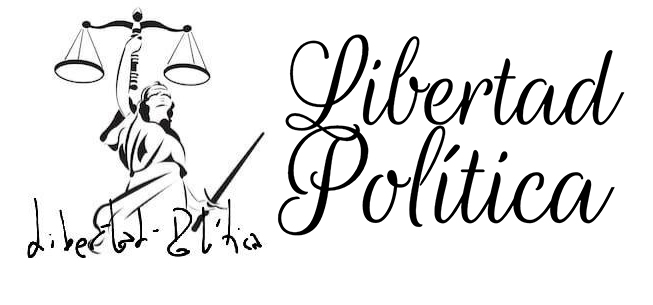 Emotion is something so essentially human that without emotion we completely dehumanize ourselves. Emotions in our current society are always considered good things. It doesn’t matter what emotion it is. They are unquestionable and wonderful. And yet, the worst of the human being comes out through the emotions. Love and solidarity are emotions, but so are hatred, resentment, etc. This generates and induces confusion, because if the only unquestionable criterion of action is emotion, reason is automatically outlawed. One of the main characteristics of reason is permanent questioning. That questioning always takes you out of your state of well-being, (understood as comfort). The most comfortable thing is not to question yourself.
Emotion is something so essentially human that without emotion we completely dehumanize ourselves. Emotions in our current society are always considered good things. It doesn’t matter what emotion it is. They are unquestionable and wonderful. And yet, the worst of the human being comes out through the emotions. Love and solidarity are emotions, but so are hatred, resentment, etc. This generates and induces confusion, because if the only unquestionable criterion of action is emotion, reason is automatically outlawed. One of the main characteristics of reason is permanent questioning. That questioning always takes you out of your state of well-being, (understood as comfort). The most comfortable thing is not to question yourself.
It is truly curious to me, how from this modern welfare state the Middle Ages is considered as obscurantist. And I find it curious because the society of the Middle Ages was governed by a rational structure, so everyone was very clear about what was right and wrong, and was very clear about the distinction between good and evil. The modern has no idea of that. Everything is good, nothing is bad. It is also very curious because it is in the Middle Ages, where Universities and the scientific method were created. Now, the only thing that is created are ideologies. Without a doubt, very significant. This feeling, this perception of the Middle Ages begins with the failed French Revolution. His triad is freedom – equality – fraternity. And in the name of the fraternity they began to guillotine everyone who stood in their way, and to massacre, as in the case of the La Vendée genocide. Doing those things for equality is more consistent, the only human thing that radically equalizes people is death. In those we are all the same. The revolutionaries turned reason into a goddess, and the moment they turn reason into an idol or a deity to worship, they also guillotined reason.
Porque la mitología no entiende de razones, sino de emociones. A partir de ahí, ya solo podemos encontrar ideologías. Las ideas admiten debate, las ideologías son incuestionables. La razón queda proscrita. Es un hecho, que tras la Revolución francesa surge el Romanticismo. Uno de los elementos más característicos de todo el siglo XIX es el Romanticismo. Sentimentalismo puro y duro. ¡¡¡¡Qué emoción!!! Hecho: “El sí de las

girls, theatrical work by Leandro Fernández de Moratín, premiered on January 24, 1806 in Madrid, Spain, ”How romantic and illustrated Don Leandro !!! Another nineteenth-century work is Don Juan Tenorio. How romantic and what emotion !!!! And of course what emerge with astonishing force are ideologies. Pure emotion. The work of Cervantes, and especially Don Quijote de la Mancha, gives us a distant and objective description of the events and behaviors of the society of his time, and provides us with a questioning of those behaviors, from the point of respect. In romantic works it is different, because all the characters who are opposed to love that are described are bad, but very bad, but very bad, very bad. Jesús G. Maestro argues these questions in a masterly way, and tells us that the best German literature of the 19th century is the works of its philosophers. It is from some of the works of the German philosophers of the nineteenth century that current ideologies emerge with unprecedented force. That is why the person of Don Antonio García Trevijano-Forte is so powerful, because his analysis of reality leads him to Political Science. Fortunately, not those Political Sciences that we can find in today’s universities, which are pure ideology. And where there is ideology, there is only indoctrination and never questioning. Where there is ideology, reason flees in terror. Feeling is not being, that’s why I’m not Spanish.
.
Antonio Sebastián Aragón Gotarredona, September 23, 2020.
